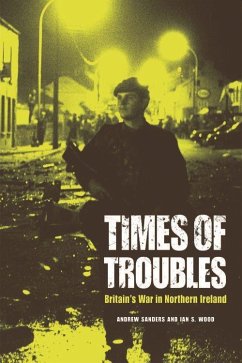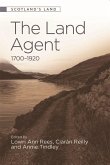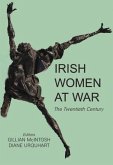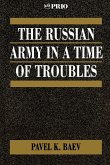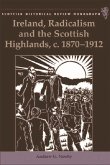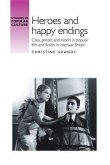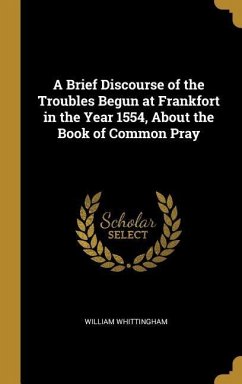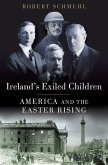'Bloody Sunday' is one of the iconic moments in British History, but what were the experiences of the soldiers in Ulster, many of them Scottish, and how did the wider events of the Troubles figure in their minds? This title gives voice to these soldiers, with many new documents, interviews and diary entries that are in the public domain.
'Far more has been written on paramilitary groups in the Northern Ireland conflict than on the role of the British military itself. This vivid study, based on extensive first-hand research, contributes very valuably to correcting that imbalance. As it does so, it offers important insights relevant to Northern Ireland and the UK, but also to wider conflict settings as armies attempt to respond to the challenges of political violence.' Richard English, University of St Andrews When do 'troubles', riots and insurgency become war? How does a liberal state respond to an internal war within its own borders? How does it define the rules of engagement for its armed forces? These questions, among others, faced the British government in 1969, when it decided to send the British Army to the streets of Northern Ireland. This is the first academic study of the British Army in Northern Ireland, featuring Scottish, Welsh, Irish and English regiments. It investigates the complex experiences of soldiers during the often-controversial Operation Banner (1969-2007). The experiences of these soldiers raise many important and difficult questions on war and policy. Featuring key interviews with former soldiers, paramilitaries and Special Branch detectives, among other key actors, the authors attempt to answer these questions and enhance our knowledge of conflict resolution by providing a deep analysis of one of the most significant British military operations since the Second World War. Andrew Sanders is the John Moore Newman Research Fellow at University College Dublin and the author of Inside the IRA: Dissident Republicans and the War for Legitimacy (Edinburgh University Press, 2011). Ian S. Wood is a distinguished military historian, lecturer and journalist. He is the author of Gods, Guns and Ulster (2003), Crimes of Loyalty: a History of the UDA (Edinburgh University Press, 2006) and Britain, Ireland and the Second World War (Edinburgh University Press, 2010) and is a contributing author to A Military History of Scotland (Edinburgh University Press, 2012). Cover image: Marching Season (c) Kaveh Kazemi/Hulton Archive/Getty Images. Cover/Jacket design: [insert logo file] www.euppublishing.com ISBN 978-0-7486-4656-2 Barcode
'Far more has been written on paramilitary groups in the Northern Ireland conflict than on the role of the British military itself. This vivid study, based on extensive first-hand research, contributes very valuably to correcting that imbalance. As it does so, it offers important insights relevant to Northern Ireland and the UK, but also to wider conflict settings as armies attempt to respond to the challenges of political violence.' Richard English, University of St Andrews When do 'troubles', riots and insurgency become war? How does a liberal state respond to an internal war within its own borders? How does it define the rules of engagement for its armed forces? These questions, among others, faced the British government in 1969, when it decided to send the British Army to the streets of Northern Ireland. This is the first academic study of the British Army in Northern Ireland, featuring Scottish, Welsh, Irish and English regiments. It investigates the complex experiences of soldiers during the often-controversial Operation Banner (1969-2007). The experiences of these soldiers raise many important and difficult questions on war and policy. Featuring key interviews with former soldiers, paramilitaries and Special Branch detectives, among other key actors, the authors attempt to answer these questions and enhance our knowledge of conflict resolution by providing a deep analysis of one of the most significant British military operations since the Second World War. Andrew Sanders is the John Moore Newman Research Fellow at University College Dublin and the author of Inside the IRA: Dissident Republicans and the War for Legitimacy (Edinburgh University Press, 2011). Ian S. Wood is a distinguished military historian, lecturer and journalist. He is the author of Gods, Guns and Ulster (2003), Crimes of Loyalty: a History of the UDA (Edinburgh University Press, 2006) and Britain, Ireland and the Second World War (Edinburgh University Press, 2010) and is a contributing author to A Military History of Scotland (Edinburgh University Press, 2012). Cover image: Marching Season (c) Kaveh Kazemi/Hulton Archive/Getty Images. Cover/Jacket design: [insert logo file] www.euppublishing.com ISBN 978-0-7486-4656-2 Barcode

